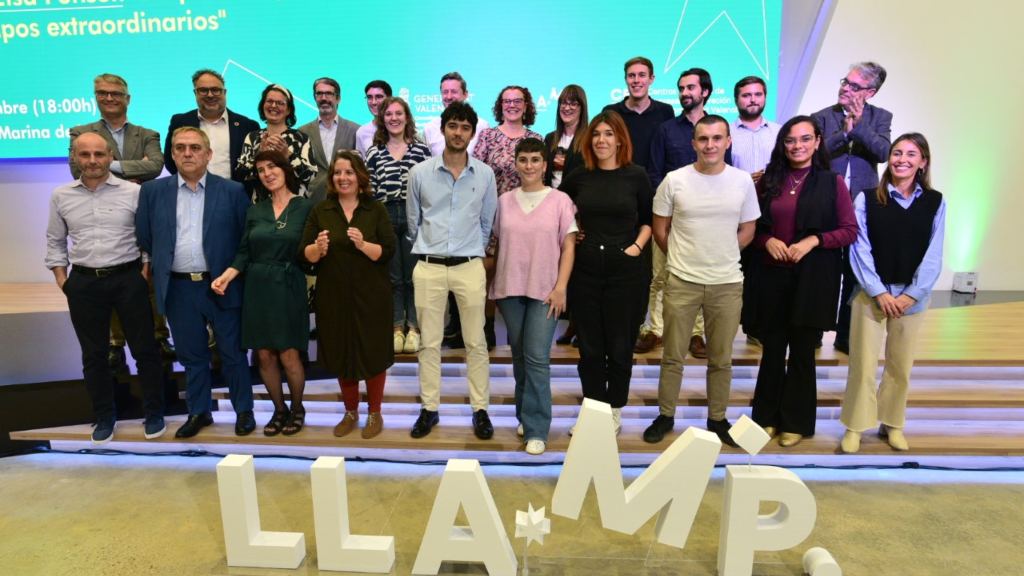
Launching to create a new business it always involves a risk that entrepreneurs must be willing to face, according to Eurostat, in Spain, six out of ten companies do not exceed five years of life. Despite this, the entrepreneurial spirit of businessmen in our country does not cease, and the data collected by Informa D&B indicates that, between 2016 and 2021, more than 570,000 companies were created.
PwC, for its part, places Spain as the fourth European country in terms of the number of startups, with a total of 11,100. These emerging companies employ 140,000 people, a figure that has caused the Spanish entrepreneurial ecosystem to multiply its value by 20 in the last 10 years.
Due to the limited initial investment and the search for financing, Optimizing costs for a startup in terms of choosing the workspace for its employees is essential. That is why the rise of flexible workspaces and coworkings has been a great help for these companies, which have detected in them the opportunity to develop their business ideas in the cities with the greatest investment activity without the need to be linked to long contracting periods of conventional offices.
According to a report prepared by the consultancy Cushman & Wakefield during the past year, a quarter of the companies that sued flexible workspaces were startups. A figure that has been similar to the percentage shown by the 2021 report, which allows us to understand how this type of environment has established itself as one of the greatest alternatives for all types of companies.
The benefits of flexible working
In this sense David Vega, CEO of Lexington, the pioneer operator of flexible workspaces in Spain, affirms that «flexible offices offer clear advantages for companies of all sizes and at any stage of their development. Premium locations, inspiring environments, adaptability to the needs of the project at all times and agile contracting conditions are the main differentiators of an already consolidated and growing workspace model”.
Contracting flexible spaces by flex operators It already represents, as a whole, 6% of the total contracting of offices in Madrid and Barcelona, according to a study published by JLL. In addition, the consultancy foresees a growth of the flex offer in central locations in the two cities, without losing sight of secondary and peripheral areas.



